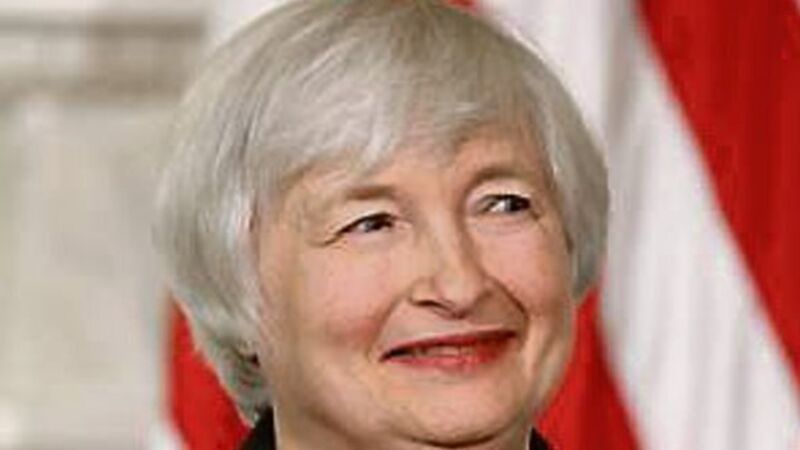Countdown quickens to US rate hike

Fed chair Janet Yellen and the rest of the Fed’s policy-setters appear to have left themselves the December meeting to deliver a rate rise in 2016, with hardly anyone expecting a move this Wednesday only days before the November 8 election.
If the Fed does go ahead the following month, as most in financial markets and analysts expect, it will have been a full year since the last increase and three short of the number of moves the Fed had anticipated back then.
















